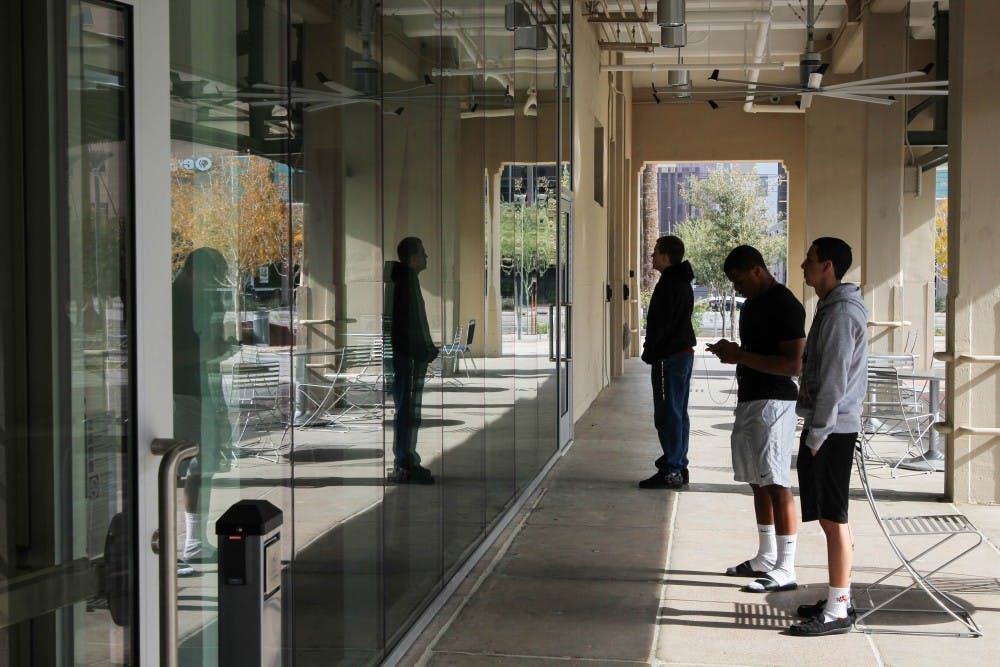During the past years that I've worked for The State Press, I've received plenty of emails from readers and sources. A lot of thank yous, some corrections, a fair share of conspiracy theories (especially when I was roped into covering Occupy Phoenix) and one particularly furious missive from a woman who believed a misplaced apostrophe in one article sullied the good name of her alma mater.
I read all of these and probably respond to half, but no letter or comment has ever had as big an impact on me as one I received Monday morning from the grandfather of an ASU student. It concerned a story I thought was just a fluffy throwaway piece from the week before: Tempe being named the fifth best city in the country for bros.
I saw the article as just a fun bit of writing —– after all, how often do you get to look up the AP style for douche bag? (For those wondering, it is a hotly contested issue that you can find full essays about, but it's typically two words.) However, for this concerned grandparent, it was an expose on just how shallow and frivolous ASU student life is, and an indication that maybe he should withdraw his financial support for his grandson's education here.
If the email had read a different way, if it had just been a standard parental condemnation of ASU's perceived party school atmosphere, I might have just laughed and moved the email into my "silly" folder, along with messages about how the government was out to get Occupy protesters and glowing descriptions of the energy drink company Vemma.
But it was polite, beginning by explaining that the reader perused my articles when they appeared as he considered me a "gifted and trusted reporter on happenings at ASU and Tempe."
We are taught in ethics seminars and history lessons that journalists are trusted gatekeepers of information and viewed as authorities. In this age of 24/7 news, HuffPo and comment trolls, that seems like a myth, and working for a student newspaper, it's next to impossible to believe.
Statistically, you haven't even made it this far in the article, distracted instead by something else you can click on or by the much more compelling arguments being made by Savannah Thomas or Peter Northfelt on the next page. It's OK. I'm all but contractually obligated to read the paper, and I probably would have looked away by now, too.
It's easy to get the feeling that you're writing in a vacuum and forget about responsibility to your readers, but even if it doesn't seem possible, there are people who count on journalists and anyone who writes or says something publicly to give a whole story. Careless writing or reporting isn't acceptable, no matter how busy or overworked an author may feel.
This issue's been discussed across social media in the past couple of weeks since the New York Times published "Sex on Campus: She Can Play That Game, Too," an analysis of hookup culture at Penn. The 4,800-word article took months of reporting but still had plenty of holes, from the nearly complete lack of male voices, non-anecdotal evidence and generalizations about college life at an elite Ivy League school.
In journalism, a story is never really finished. There's always more people you could have talked to, more angles you could have examined, more words you could have written. But whether it's a simple day turnaround or an extended investigative piece, each article requires us to consider just who may be affected by the words that spill out so easily.
Send Julia your best letters at julia.shumway@asu.edu or follow @JMShumway on Twitter.
Like The State Press on Facebook and follow @statepress on Twitter.




